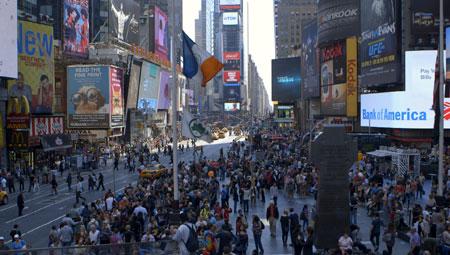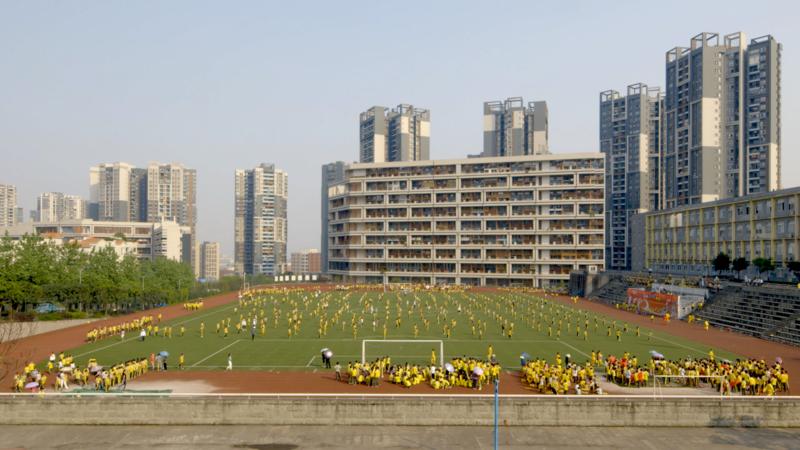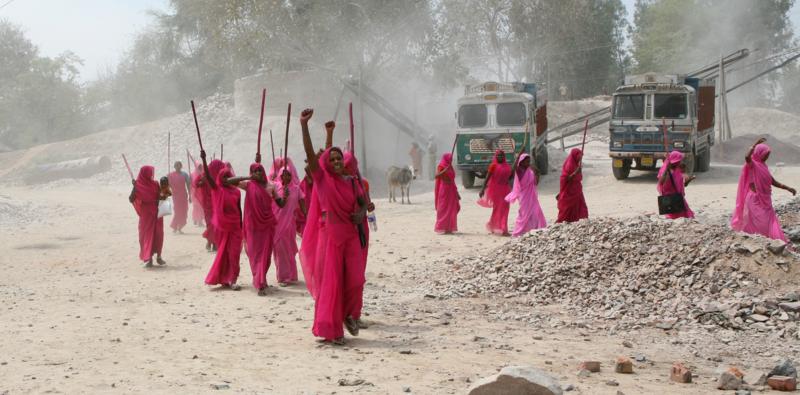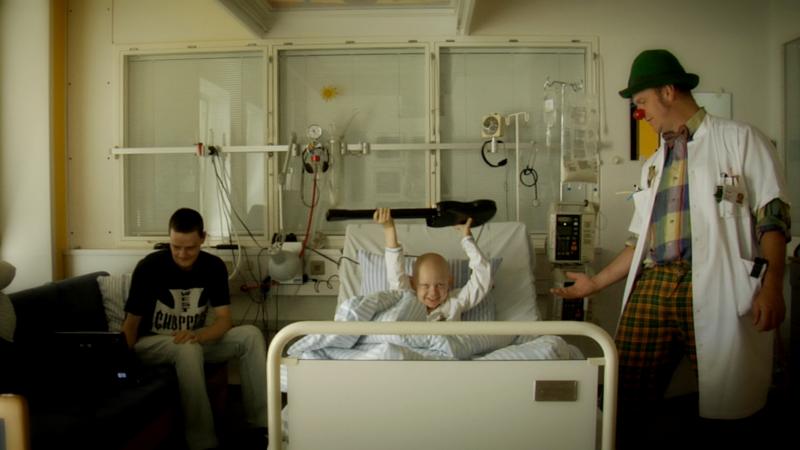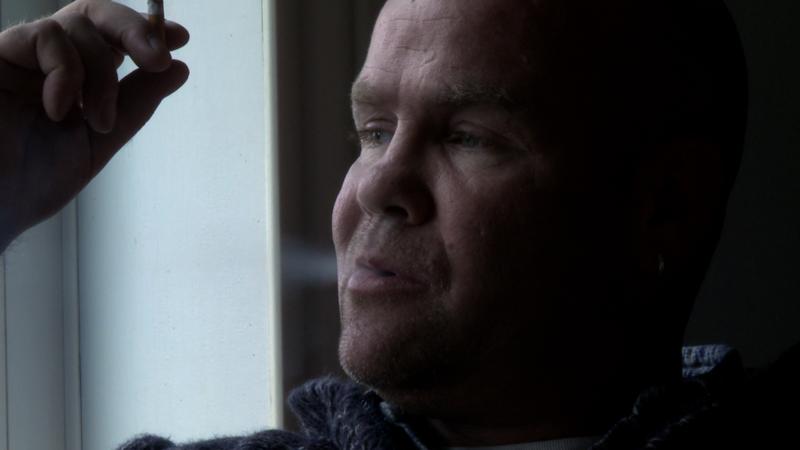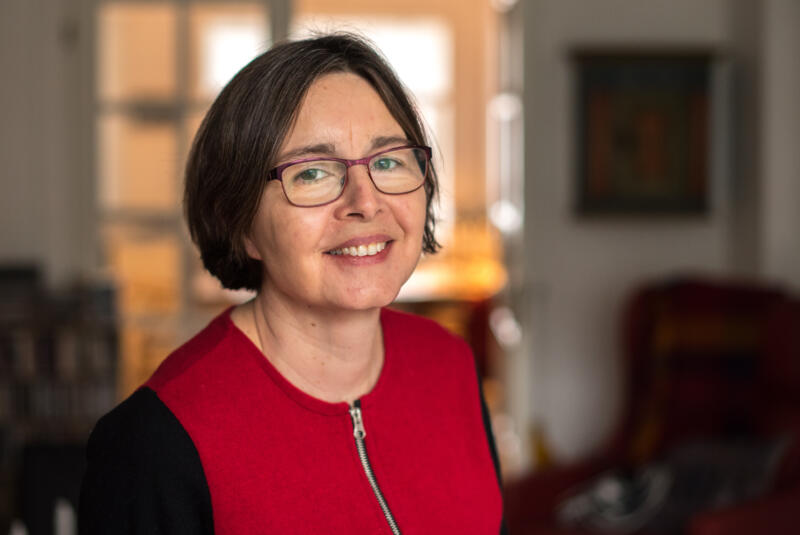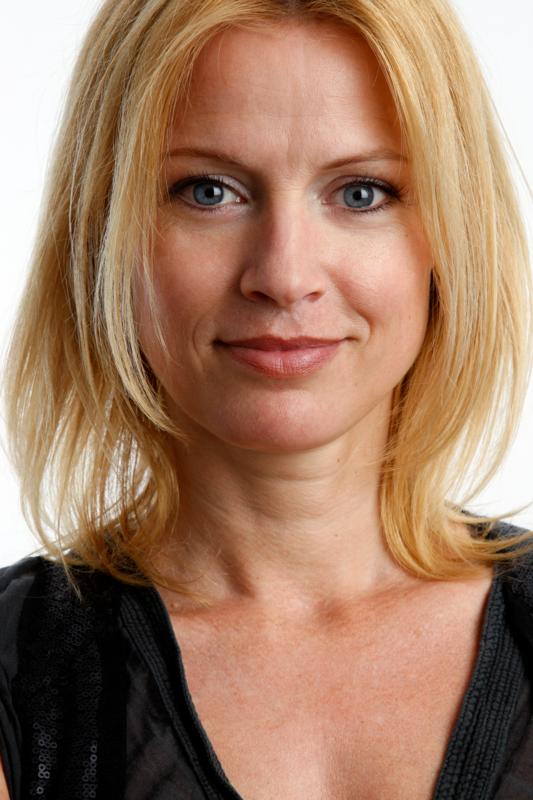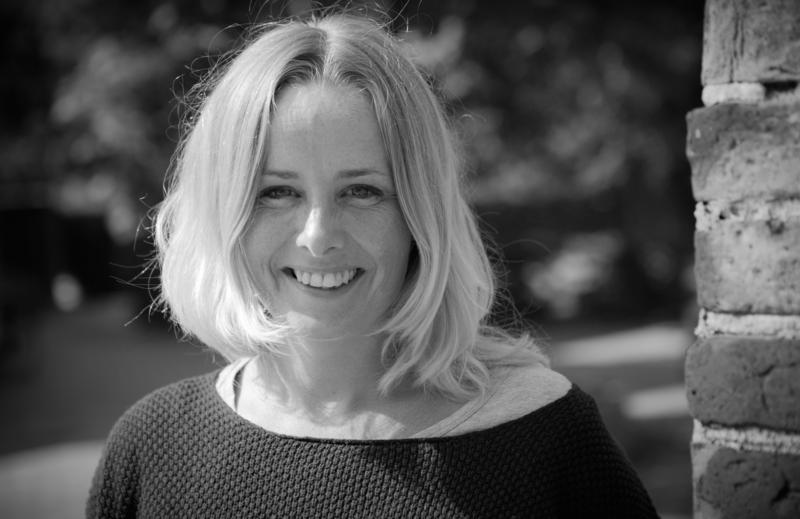It was June 2009. The recession was at its worst, and it was about the most reckless time to start a company. But for producers Signe Byrge Sørensen and Anne Köhncke it wasn't a choice. They had films to produce. Byrge Sørensen's production company at the time, Final Cut Productions, closed while she was developing Joshua Oppenheimer's "The Act of Killing". She called up her former colleague Anne Köhncke, and the pair decided to take the leap in order to produce Oppenheimer's film and the other creative documentaries they were passionate about.
International breakthrough
Since then, Final Cut for Real, joined by producer Monica Hellström in 2010, has produced a string of acclaimed documentaries, all affirming the company's ambition to raise political, social or cultural debates.
One of these films is Oppenheimer's widely acclaimed film about the perpetrators of the Indonesian genocide in 1965-66. "The Act of Killing" was also an international breakthrough for Final Cut for Real, creating a stir at its world premieres at the Telluride and Toronto festivals. The film has collected a number of awards, including the Oecumenical Prize and the Documentary Audience Award at the Berlinale 2013.
Jan Gehl's humanistic design
Right now "The Act of Killing" is in competition at the Sydney Film Festival (5-16 June), where Final Cut for Real also presents "The Human Scale" by Andreas M. Dalsgaard plus two co-productions, Sourav Sarangi's "Char ... The No-Man's Island", about two young boys who lost their home in an erosion caused by the river Ganges, and Simon Klose's "TPB-AFK: The Pirate Bay Away From Keyboard", about the trial against the founders of the file sharing site The Pirate Bay.
"The Human Scale" follows the renowned Danish architect Jan Gehl and his team at Gehl Architects who seek to create urban design that inspires social interaction and greater happiness. Today, fifty percent of the world's population lives in urban areas. By 2050 this figure is expected to increase to eighty percent. But how do we plan our cities to adjust them to human needs? From Copenhagen to Beijing, from Shanghai to New York, from Los Angeles to Melbourne, from Christchurch to Dhakar, the film presents Gehl's long-standing work with humanistic design in city planning.
